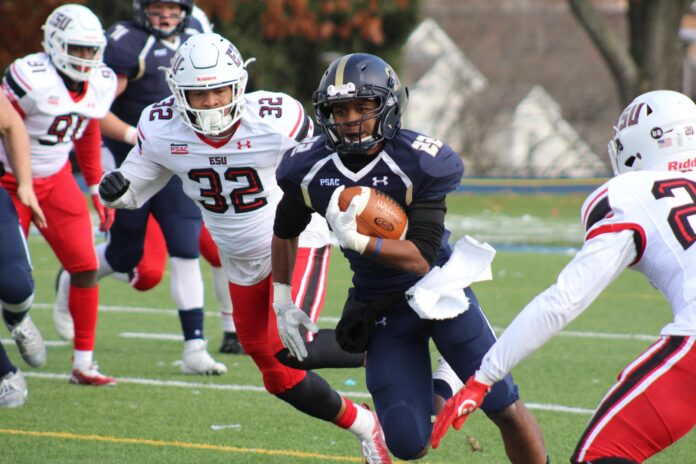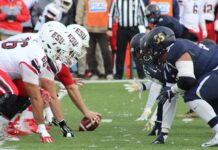” People will split into “events” over the question of a brand-new gigantic canal, or the circulation of sanctuaries in the Sahara (such an inquiry will certainly exist as well), over the regulation of the climate as well as the environment, over a brand-new theater, over chemical hypotheses, over two competing tendencies in songs, as well as over a best system of sports.”
– Leon Trotsky, Literary Works and Change
At the start of the twentieth century sport had actually not thrived in Russia to the same level as in nations such as Britain. Most of the Russian populace were peasants, spending hrs each day on back-breaking farming labour. Leisure was tough to come by and also after that individuals were typically worn down from their work. Of course individuals did still play, participating in such typical video games as lapta (comparable to baseball) and also gorodki (a bowling game). A smattering of sports clubs existed in the bigger cities yet they continued to be the maintain of the richer members of culture. Ice hockey was beginning to expand in appeal, and the upper echelons of society loved fencing as well as rowing, utilizing costly tools most people would certainly never ever have had the ability to afford.
In 1917 the Russian Change turned the globe upside down, motivating millions of people with its vision of a society improved solidarity and the fulfilment of human requirement. While doing so it let loose a surge of imagination in art, songs, poetry as well as literary works. It touched every area of people’s lives, consisting of the games they played. Sporting activity, nonetheless, was much from being a priority. The Bolsheviks, who had led the revolution, were confronted with civil battle, invading militaries, widespread starvation as well as a typhus epidemic. Survival, not leisure, was the lineup. Nevertheless, throughout the very early part of the 1920s, prior to the imagine the transformation were squashed by Stalin, the discussion over a “finest system of sports” that Trotsky had forecasted did indeed happen. Two of the teams to deal with the concern of “physical society” were the hygienists as well as the Proletkultists.
Hygienists
As the name implies the hygienists were a collection of medical professionals and also healthcare experts whose attitudes were notified by their clinical understanding. Normally talking they were critical of sport, concerned that its emphasis on competitors put individuals in danger of injury. They were equally disdainful of the West’s obsession with running much faster, tossing additional or leaping greater than in the past. “It is entirely unnecessary as well as inconsequential,” claimed A.A. Zikmund, head of the Physical Society Institute in Moscow, “that anybody established a new globe or Russian record.” Instead the hygienists advocated non-competitive physical searches – like acrobatics as well as swimming -as methods for people to stay healthy and unwind.
Welcome!Log into your account






















